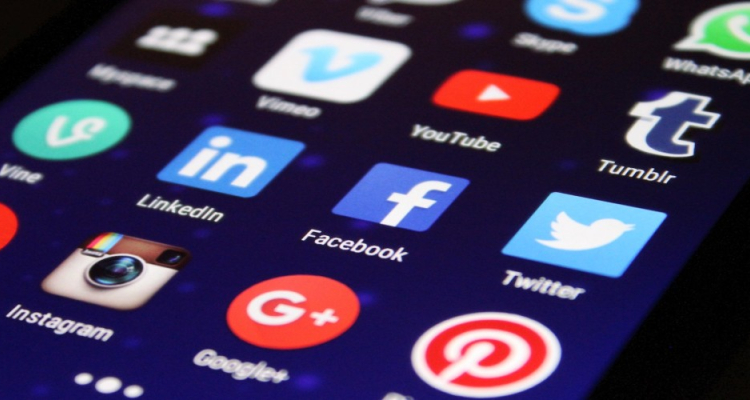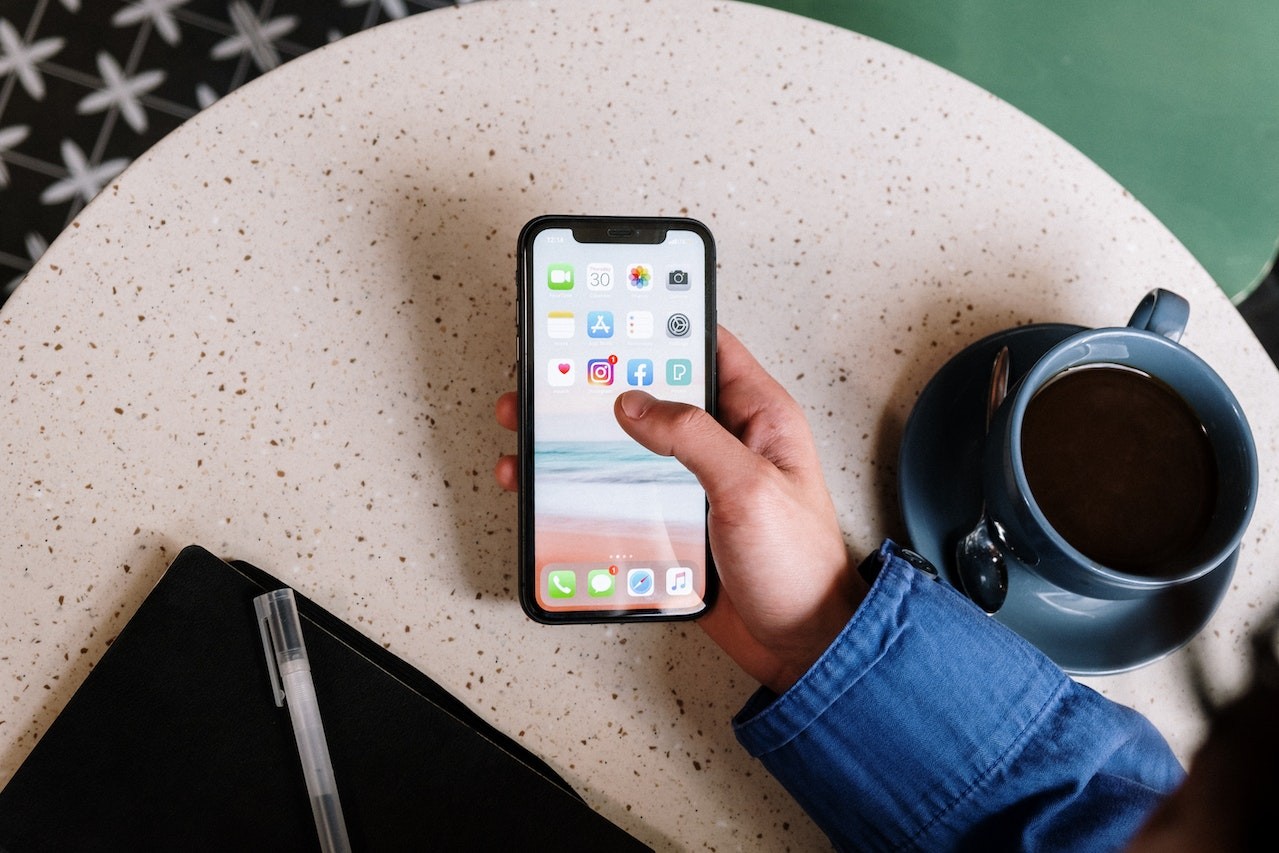
Editor's Advice
Navigating the Crossroads: Social Media Apps and Mental Health - A Comprehensive Analysis
In the digital age, social media apps have become an integral part of our daily lives. From Facebook, Instagram, and Twitter to Snapchat, these platforms have reshaped the way we communicate, connect, and perceive the world around us. They offer a plethora of opportunities for self-expression, community building, and information sharing.
However, the rise of these digital platforms has also sparked concerns about their impact on mental health. While some studies suggest that social media use can have beneficial outcomes, others highlight its potential risks and adverse effects. This article aims to explore the complex intersection of social media apps and mental health, discussing the pros, cons, and everything in between.
The Upside: Potential Benefits of Social Media on Mental Health

Contrary to popular belief, social media apps can have positive impacts on mental health. One of the key benefits lies in their role as a tool for connectivity. They provide a platform for individuals to maintain and strengthen relationships, fostering a sense of belonging.
For those who may feel isolated in their physical environments, social media can offer a valuable lifeline, connecting them to supportive communities and resources. Furthermore, social media platforms can serve as a platform for self-expression, allowing users to share their experiences and emotions, thus promoting emotional well-being. Lastly, they can provide access to mental health information and resources, raising awareness and reducing stigma around mental health issues.
The Downside: Potential Risks of Social Media on Mental Health
Despite the aforementioned benefits, there are significant concerns about the negative impact of social media on mental health. A primary concern is the potential for these platforms to fuel feelings of inadequacy and low self-esteem. The constant exposure to selectively curated, idealized representations of others' lives can lead to social comparison and dissatisfaction with one's own life.
Additionally, excessive use of social media can contribute to feelings of isolation and loneliness in some individuals, exacerbating mental health issues such as depression and anxiety. Cyberbullying and online harassment are also prevalent issues on these platforms, with severe implications for mental health. Moreover, constant connectivity can lead to addiction, with individuals experiencing stress, anxiety, and sleep disturbances due to their inability to disconnect.
The In-Between: The Role of Individual Differences and Digital Literacy

It is important to note that the relationship between social media and mental health is not straightforward. Individual differences play a crucial role in determining how one interacts with these platforms and their subsequent impact.
Factors such as personality traits, pre-existing mental health conditions, and social support networks can significantly influence the effects of social media use. Furthermore, digital literacy - the ability to critically evaluate and use digital media - also plays a crucial role. Those with higher levels of digital literacy may be better equipped to navigate these platforms in a way that promotes mental health and well-being.
The Way Forward: Towards a Balanced Approach
Given the complex nature of the impact of social media on mental health, a balanced approach is crucial. It is important to recognize the potential benefits of these platforms while being mindful of their risks. Encouraging responsible use of social media, promoting digital literacy, and fostering supportive online environments can help mitigate the negative impacts.
Furthermore, mental health professionals can play a key role in understanding and addressing the impacts of social media use on mental well-being. Ultimately, as we continue to navigate the digital landscape, it is crucial to keep the conversation going, continually reassessing the intersection of social media apps and mental health.





